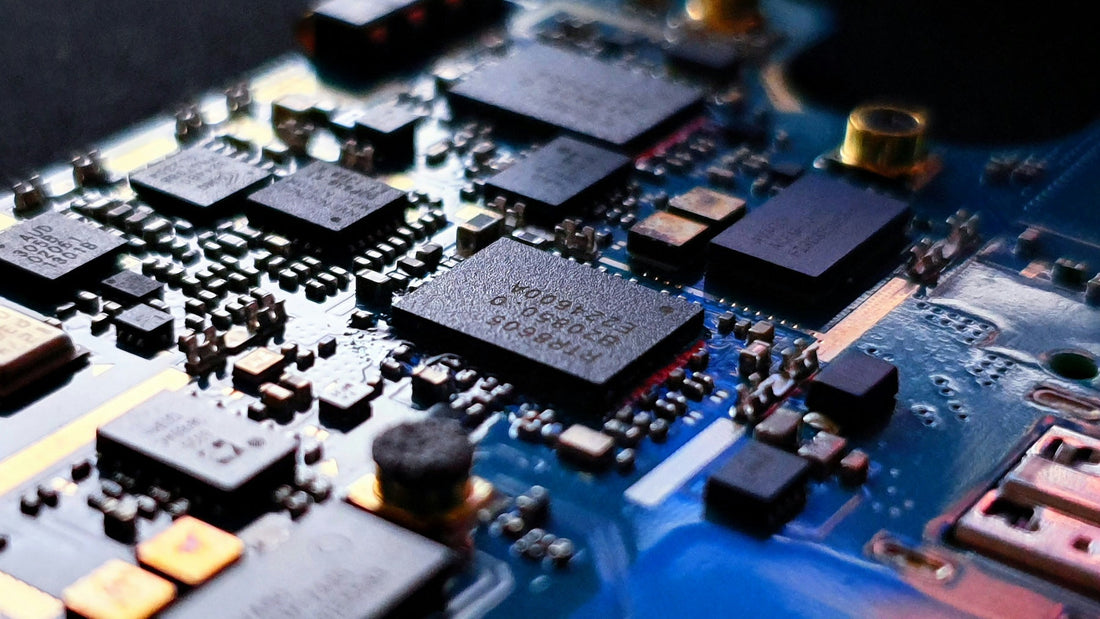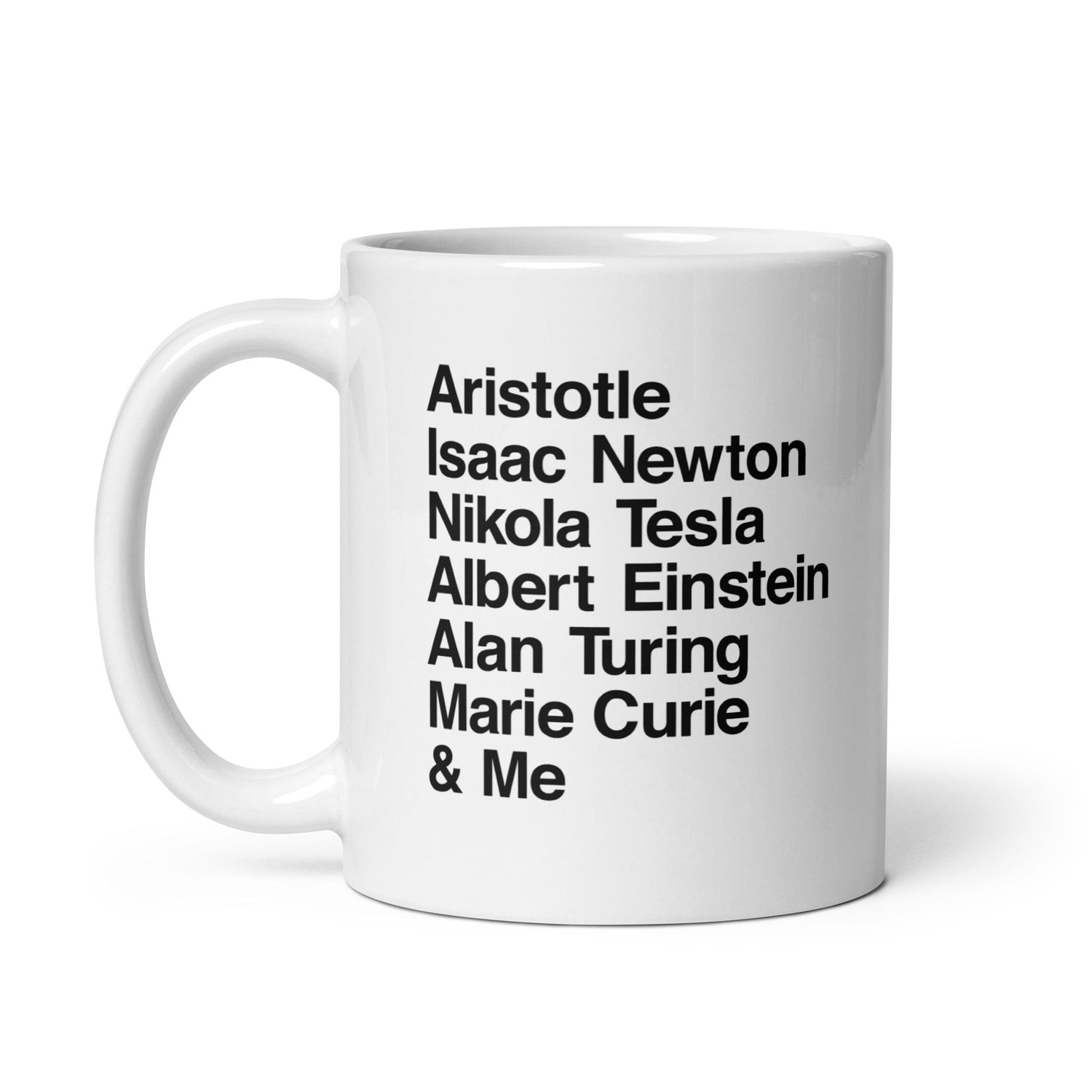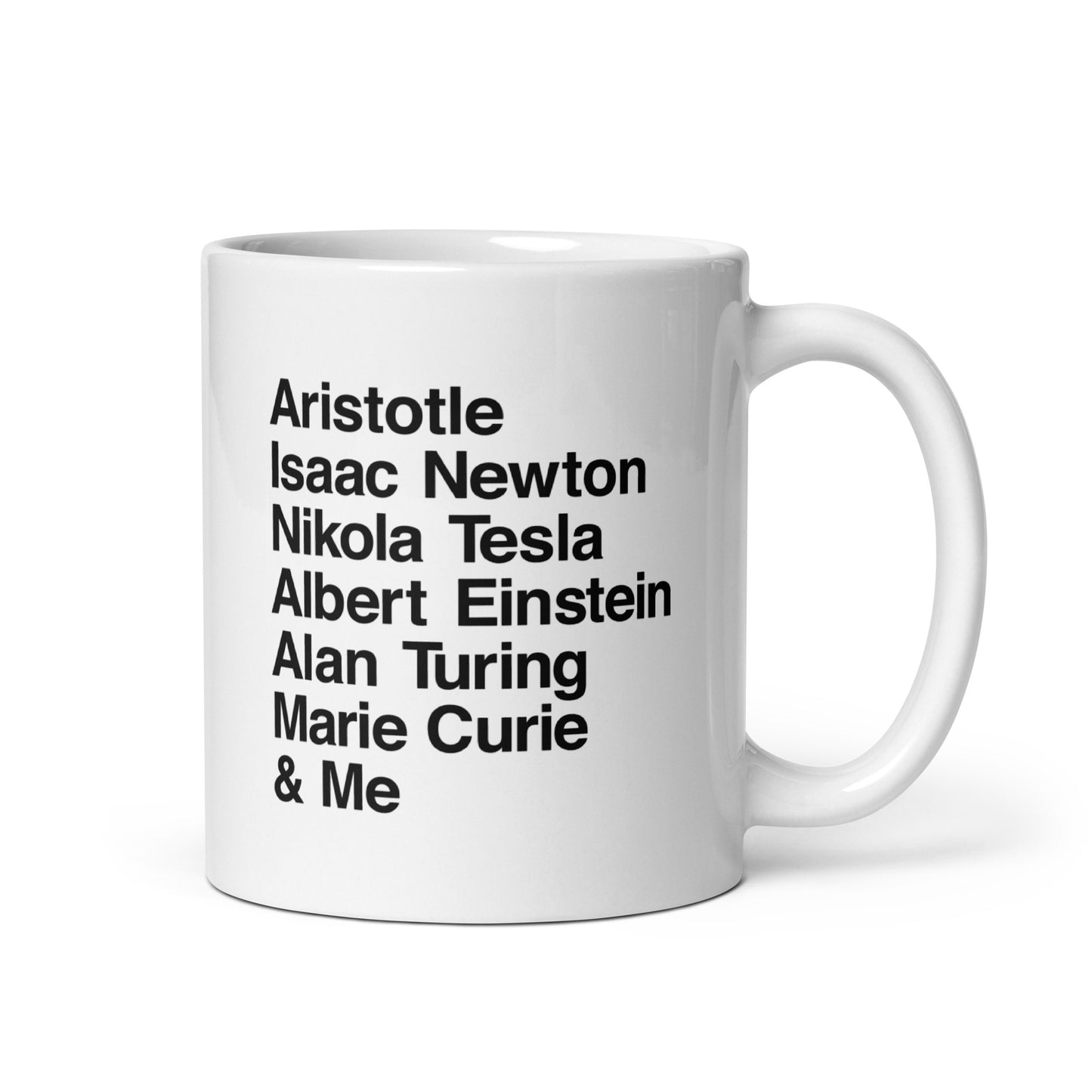
Left-Handed Computer Scientists Who Shaped the Digital World
Share
Brilliant Lefties Who Revolutionized Computing, AI, and Cryptography
Left-handed scientists have long played a role in shaping our understanding of the world, and computer science is no exception. While only about 10% of the population is left-handed, a surprising number of famous left-handed scientists have made groundbreaking contributions to computing, artificial intelligence, and cryptography. Scientists who are left handed often bring unique perspectives to problem-solving, fueling the question: are left-handed people smarter? Whether due to different brain wiring, adaptability, or sheer determination, this kind of left handed intelligence has been behind some of the most important technological breakthroughs of our time.
So, pour yourself a cup of coffee in your go-to left-handed mug, settle in, and read on to discover some of the brilliant lefties who have changed the digital landscape.

Alan Turing
Often considered the father of modern computing, Alan Turing was a mathematical genius whose work laid the foundation for computer science and artificial intelligence. During World War II, he played a key role in breaking the German Enigma code, helping to shorten the war. His theoretical Turing machine became the blueprint for today’s computers, and his work in AI led to the famous Turing Test, which evaluates a machine’s ability to exhibit human-like intelligence. Despite facing immense challenges in his lifetime, Turing’s contributions continue to shape the world of computing.

Stephen Cook
A pioneer in theoretical computer science, Stephen Cook is best known for introducing the concept of NP-completeness, a fundamental idea in computational complexity theory. His 1971 paper The Complexity of Theorem-Proving Procedures changed how scientists understand difficult computational problems. This breakthrough laid the groundwork for modern cryptography, optimization, and artificial intelligence. Cook’s work continues to influence how we approach problem-solving in computer science.

Brian Kernighan
If you’ve ever programmed in C, you have Brian Kernighan to thank. A key figure in the development of Unix, Kernighan co-authored The C Programming Language with Dennis Ritchie, a book that became a cornerstone of software development. His contributions helped define how modern programming languages are structured, influencing everything from operating systems to web development. His ability to simplify complex concepts has made computer science more accessible to generations of programmers.

Stephen Wolfram
A brilliant mind in computational science, Stephen Wolfram is the creator of Mathematica and Wolfram Alpha, two tools that have transformed mathematical computation and artificial intelligence. His work explores the intersection of computation, physics, and complexity theory, leading to new ways of understanding the universe. Wolfram’s contributions to symbolic computing and AI continue to push the boundaries of what computers can achieve.

Yann LeCun
One of the pioneers of artificial intelligence, Yann LeCun is best known for his contributions to deep learning and neural networks. His work on convolutional neural networks (CNNs) has driven major advances in computer vision, speech recognition, and AI applications. As a key figure in modern AI research, LeCun’s innovations have shaped everything from self-driving cars to facial recognition technology. His influence on machine learning continues to push AI toward new frontiers.

Andrea Morello
A leader in quantum computing, Andrea Morello has made significant advancements in developing silicon-based quantum processors. His research focuses on using individual atoms to store and process information, paving the way for the future of quantum computing. Morello’s work could revolutionize how we process data, solve complex problems, and secure information in the digital age.
Left-Handed Minds in Computer Science
From foundational theories to cutting-edge AI, left-handed computer scientists have played a crucial role in shaping modern technology. Their ability to think differently, break down complex problems, and push boundaries has led to some of the most significant innovations in the digital age.
Want to learn more about left-handed innovators? Check out our articles on Left-Handed Nobel Prize Winners, Left-Handed Astronauts, and Historical Left-Handed Leaders.



